17 Common Travel Mistakes Americans Still Make Abroad
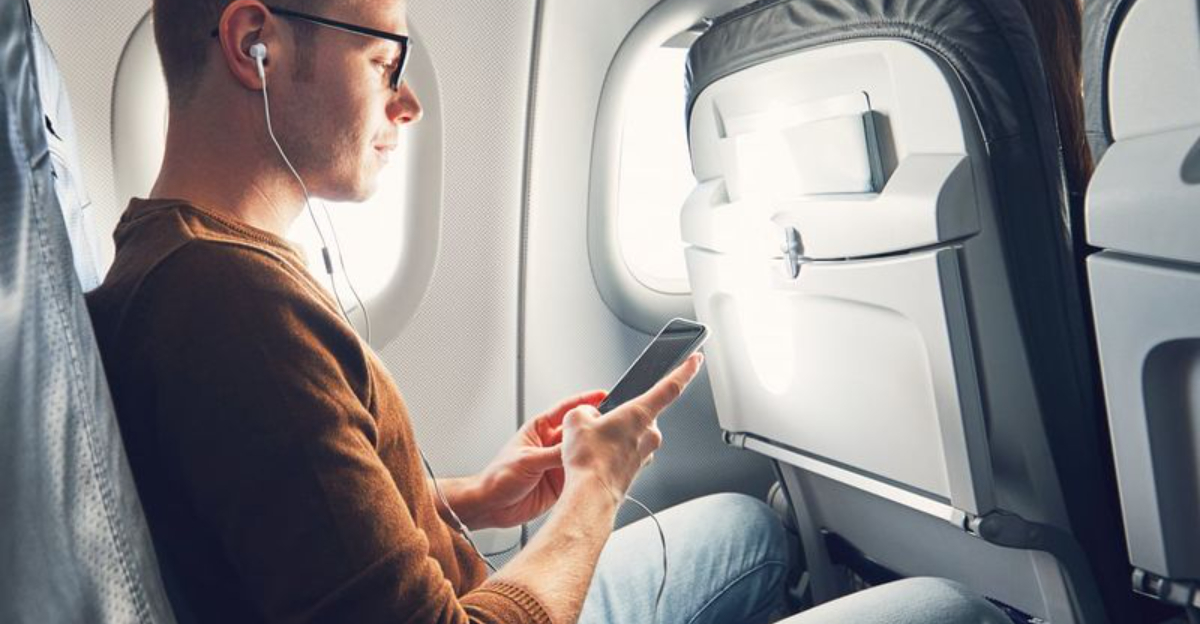
Stepping off a plane in a new country is thrilling, but it’s easy to make missteps that can turn excitement into frustration. I’ve learned (sometimes the hard way) that a little know-how goes a long way when traveling abroad.
From overlooked visa requirements and currency confusion to cultural faux pas and roaming charges that blow up your phone bill, there are plenty of pitfalls waiting for unprepared travelers. Have you ever arrived at a closed embassy on a national holiday you didn’t know existed?
Or tried using your favorite app, only to realize it’s banned or doesn’t work overseas? These are just a few of the surprisingly common travel slip-ups Americans make and trust me, avoiding them will make your trip smoother, safer, and a lot more fun. Ready to find out what to skip so you can focus on the good stuff?
1. Forgetting to Check Passport Expiration Dates
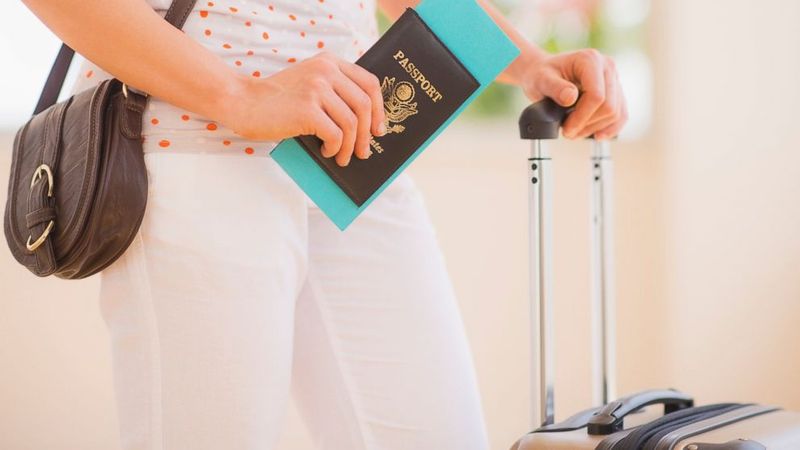
Passport panic is real! Many travelers realize too late that their passport is expired or – worse – that it doesn’t meet the six-month validity rule many countries require.
I once saw a family at the airport in tears because their teenage son’s passport expired in three months, and their destination required six months of validity beyond their trip dates. They had to leave him behind with relatives.
Always check your passport’s expiration date the moment you start planning your trip, not the week before. Renewal can take weeks or even months during busy seasons, and expedited services cost a small fortune.
2. Packing Way Too Much Stuff

Dragging an oversized suitcase up five flights of stairs in a charming but elevator-less European hotel will cure your overpacking habits fast! Americans often bring enough clothes for every possible scenario, forgetting that laundry exists worldwide.
When I traveled through Southeast Asia, I watched fellow Americans struggle with massive luggage while locals and experienced travelers breezed by with backpacks. Remember that most things can be purchased abroad if needed.
Pack for a week regardless of trip length. Choose versatile items that layer well, and stick to a color scheme so everything matches. Your back (and future self) will thank you.
3. Expecting Everyone to Speak English
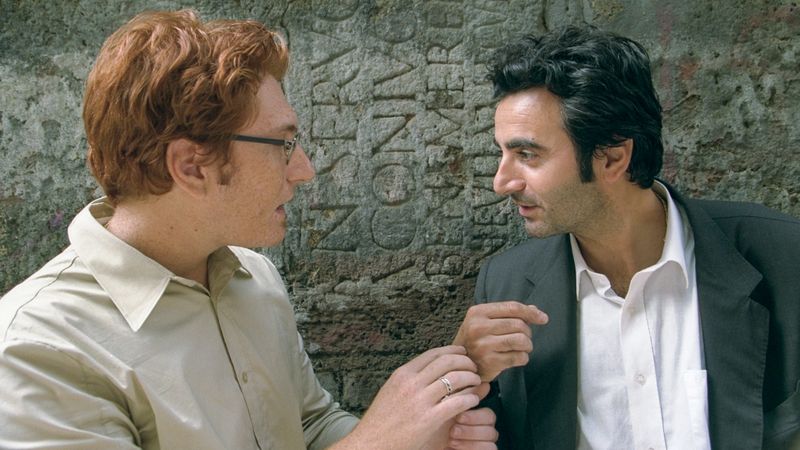
Walking into a small café in rural France and loudly asking for directions in English won’t win you any friends. While English is widely spoken in tourist areas, assuming everyone speaks it comes across as entitled and disrespectful.
During my trip to Japan, I watched an American couple become increasingly frustrated with a shop owner who couldn’t understand their questions. Meanwhile, another traveler used simple phrases and gestures and received warm, helpful service.
Learning just a few basic phrases shows respect for the local culture. ‘Hello,’ ‘please,’ ‘thank you,’ and ‘do you speak English?’ in the local language can transform your experience and open doors to genuine connections.
4. Skipping Travel Insurance
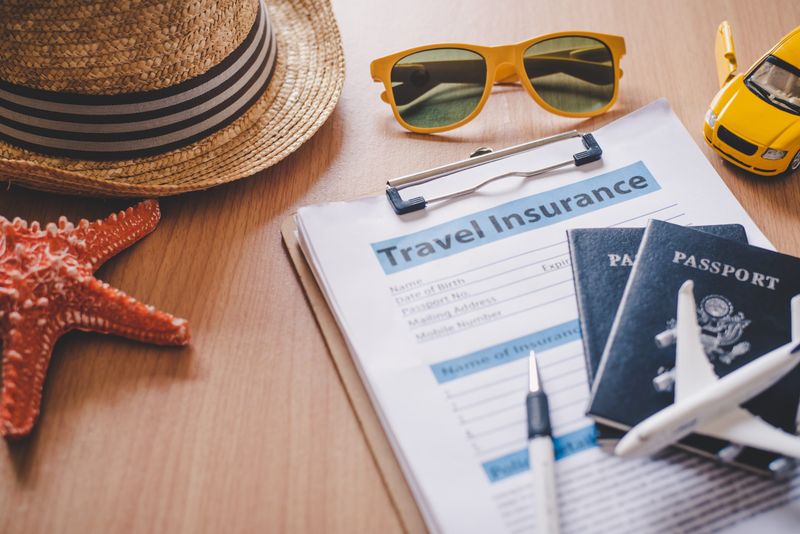
Medical emergencies don’t care about your vacation plans. Many Americans skip travel insurance, thinking their domestic health insurance covers them abroad – it usually doesn’t.
A friend broke her ankle hiking in Thailand and faced a $20,000 medical evacuation bill because she skipped the $80 insurance policy. Beyond medical coverage, travel insurance can save you when flights get canceled, luggage disappears, or you need emergency assistance in a foreign country.
The peace of mind alone is worth the cost. Look for policies that cover trip cancellation, medical emergencies, evacuation, and lost belongings. It’s the cheapest souvenir you hope you’ll never use.
5. Not Notifying Your Bank Before Traveling

Standing helpless at a foreign ATM while your card gets declined is a special kind of travel nightmare. Banks often freeze cards when they suddenly see international charges to protect you from fraud.
My first night in Barcelona turned into a scavenger hunt for working ATMs after my bank locked my card. I had to use expensive international calling to sort it out, wasting precious vacation time.
Call your bank and credit card companies before leaving. Let them know your travel dates and destinations. While you’re at it, ask about foreign transaction fees – some cards charge 3% on every purchase abroad, while others charge nothing at all.
6. Sticking Only to American Food Chains

Hunting down a McDonald’s in Paris means missing out on life-changing croissants and café culture. Many Americans seek familiar comfort foods rather than embracing local cuisine, which is one of travel’s greatest pleasures.
While visiting Rome, I watched an American family walk past amazing local trattorias to eat at an international pizza chain. The authentic restaurant next door had better food at half the price!
Food fears are understandable, but they limit your experience. Start small with recommended restaurants if you’re concerned. Look for places filled with locals, not tourists. Your taste buds deserve the adventure as much as the rest of you.
7. Converting Prices to Dollars for Everything

Mental math fatigue is real! Constantly converting every price to dollars creates decision paralysis and takes you out of the travel experience. After a while, 300 baht or 20 euros becomes meaningless when you’re constantly thinking “but what is that in REAL money?”
Instead of precise calculations, learn rough equivalents. In Thailand, I eventually understood that 100 baht was about $3, so I could quickly estimate costs without pulling out my phone calculator for every purchase.
Understanding the local cost of living is more important than exact conversions. A $5 coffee might be normal in New York but outrageous in Vietnam. Judge prices by local standards, not by comparing to home.
8. Visiting Too Many Places Too Quickly
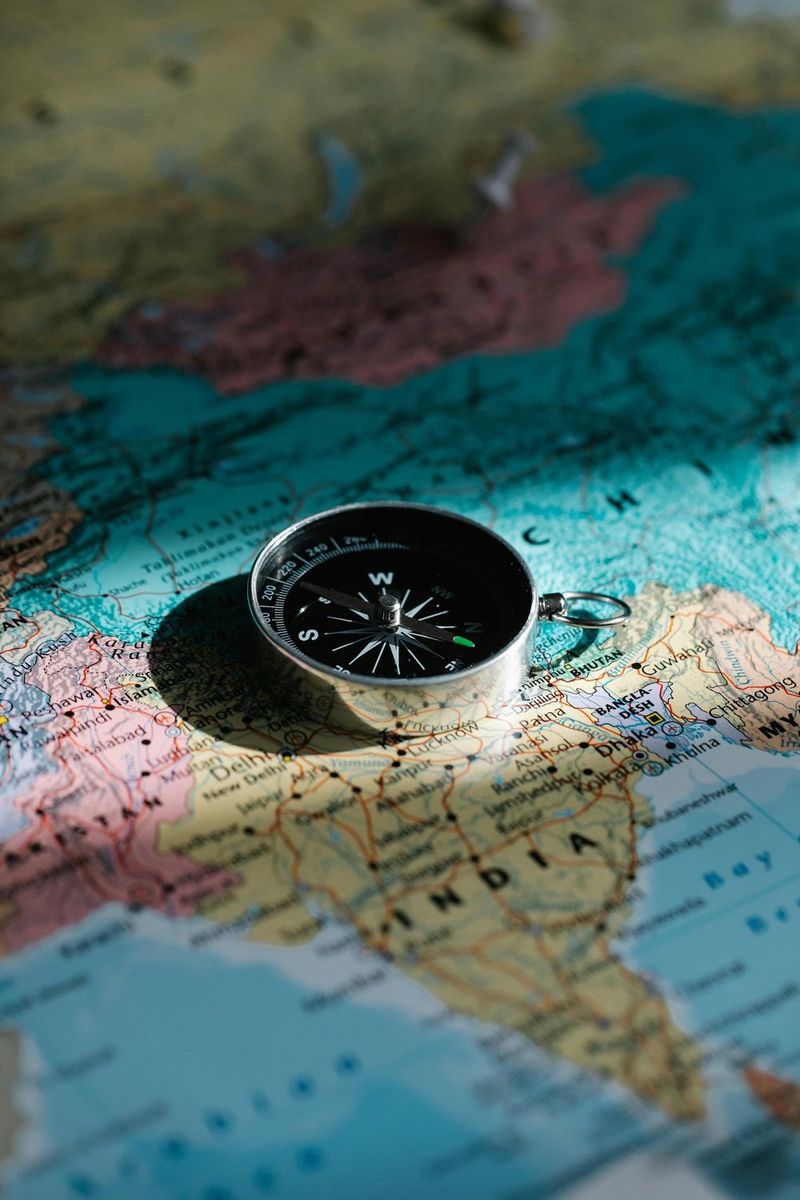
Racing through seven European countries in ten days isn’t a vacation – it’s an exhausting blur. Americans often try to check off as many destinations as possible, spending more time on trains and in airports than actually experiencing places.
My most memorable trips involved staying in one region and going deeper rather than wider. When I spent a week in just one neighborhood of Tokyo, I discovered hidden gems no guidebook mentioned and made genuine connections with locals.
Quality trumps quantity in travel. Spending three days in one city will give you richer experiences than one day each in three different cities. Remember that travel time between destinations eats up precious vacation hours.
9. Being Careless with Valuables
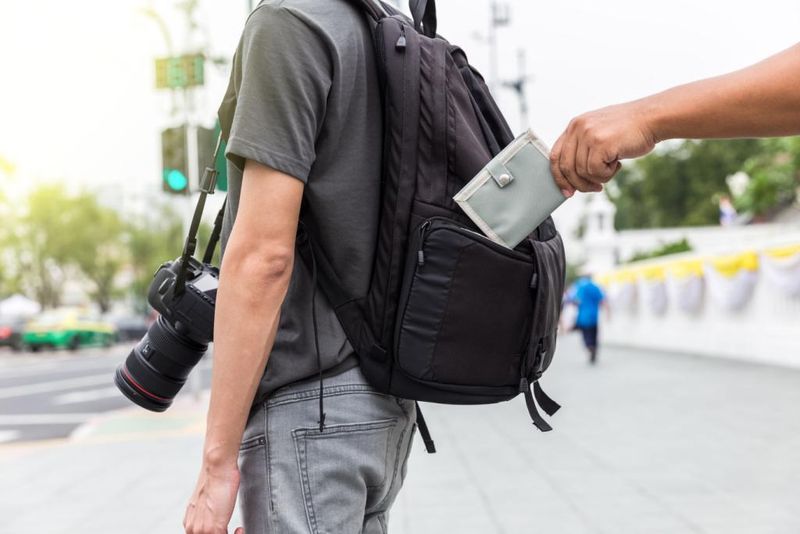
Walking around with a wallet in your back pocket is practically an invitation to pickpockets in crowded tourist areas. Americans are often targeted because we tend to carry more cash and be less vigilant.
A friend had her passport stolen in Barcelona because she carried it in an open tote bag. She spent two days at the embassy instead of enjoying her vacation. Petty theft happens worldwide, but tourists make especially easy targets when they’re distracted by new surroundings.
Use a money belt under clothing for important documents and extra cash. Keep only what you need for the day in secure front pockets or crossbody bags that zip closed. And never, ever leave your phone on a restaurant table.
10. Drinking Tap Water Without Checking If It’s Safe

Nothing ruins a vacation faster than spending it in the bathroom! Many Americans assume tap water is safe everywhere or, conversely, that it’s unsafe everywhere outside the US. Both assumptions can lead to problems.
During my trip to Mexico, I watched a fellow American fill her water bottle from the bathroom sink despite clear warnings not to drink the tap water. She spent the next two days sick in her hotel room.
Research water safety for your specific destination before your trip. In many European countries, tap water is perfectly safe, while in others you’ll need to stick to bottled water. When in doubt, ask locals or your hotel staff for guidance.
11. Ignoring Local Customs and Dress Codes

Wearing shorts and a tank top to a Buddhist temple isn’t just inappropriate – it might get you denied entry entirely. Americans sometimes forget that casual dress isn’t universally accepted, especially at religious sites.
I once witnessed a heated argument when an American woman tried to enter a cathedral in Italy wearing a crop top. She was genuinely surprised when asked to cover up, not realizing it was a sign of respect.
Research cultural norms before your trip. In many countries, shoulders and knees should be covered in religious places. Some cultures expect more modest dress overall. Packing a lightweight scarf or sarong gives you a quick cover-up option for unexpected cultural situations.
12. Not Learning Basic Local Etiquette

Tipping 20% in Japan might actually offend your server rather than please them! Cultural differences in etiquette can lead to awkward situations when Americans apply home customs abroad without research.
In South Korea, I watched an American businessman pour his own drink at a business dinner, accidentally insulting his hosts. Different cultures have different rules about everything from dining to greeting people to business interactions.
Small etiquette details matter: In some countries, a thumbs-up is offensive; in others, eating everything on your plate suggests the host didn’t provide enough food. Taking time to learn these nuances shows respect and helps avoid unintentionally rude behavior that reinforces negative stereotypes about American travelers.
13. Relying Only on Credit Cards

Cash is still king in many parts of the world! Americans used to tapping credit cards for everything often find themselves stuck when small shops, taxis, or street vendors abroad only accept local currency.
During a trip to Germany, I discovered many restaurants and shops were cash-only, despite being in a major city. My American friends who hadn’t exchanged any euros had to borrow money until we found an ATM.
Always carry some local currency, especially small denominations for tips, small purchases, and emergencies. While major tourist spots might accept cards, you’ll miss authentic local experiences if you can only patronize businesses with card readers. Plus, having cash backup prevents problems if payment systems go down.
14. Not Checking Cell Phone Plans Before Departure
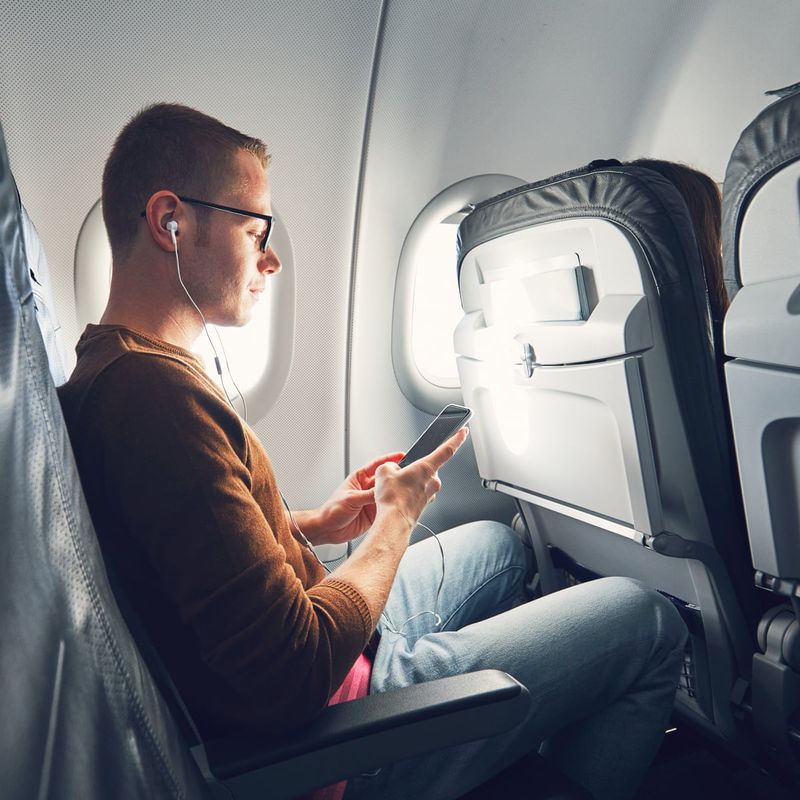
That shocking $500 phone bill waiting when you get home can ruin post-vacation bliss! International roaming charges add up frighteningly fast, and many Americans forget to check their phone plans before traveling.
My neighbor posted Instagram stories throughout her European vacation, only to return to a $1,200 phone bill. She had no idea her regular plan didn’t include international data.
Contact your carrier before traveling to understand roaming charges and international options. Consider temporary international plans, local SIM cards, or using WiFi only. Download offline maps, translation apps, and entertainment before your trip. And remember that airplane mode is your friend when not actively using your phone abroad.
15. Scheduling No Downtime

Vacation burnout is real! Planning every minute from 8am to 10pm might seem efficient, but it leaves no room for spontaneous discoveries or much-needed rest.
During a family trip to London, we followed such a packed schedule that my kids were too exhausted to enjoy the Tower of London – one of our most anticipated attractions. We should have built in time to simply relax in parks or cafés between major sights.
The best travel memories often come from unplanned moments: following music down a side street, chatting with locals at a neighborhood café, or discovering a perfect sunset spot. Schedule no more than one major attraction per day, and leave plenty of buffer time for rest, wandering, and unexpected discoveries.
16. Not Having Offline Maps and Directions
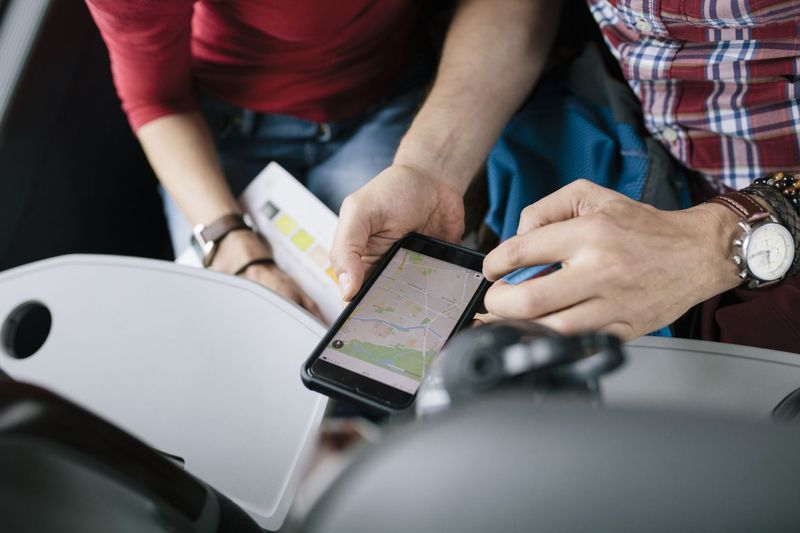
Getting lost in a foreign city with a dead phone battery creates panic like nothing else! Many Americans rely completely on Google Maps without downloading offline versions, leaving them vulnerable when cell service disappears or batteries die.
I once watched a couple argue on a street corner in Prague after their phone died, with no idea how to get back to their hotel. They hadn’t noted the address or neighborhood, assuming their phone would always guide them.
Always download offline maps for your destination. Screenshot or write down your hotel’s address and phone number in the local language. Learn major landmarks near your accommodation. These simple preparations provide backup navigation when technology inevitably fails at the worst possible moment.
17. Forgetting to Research Local Scams

Falling for the “free bracelet” trick in Paris or the “closed temple” scam in Bangkok wastes both money and time. Popular tourist destinations have predictable scams that target visitors, yet many Americans arrive unprepared.
My cousin got scammed in Rome when a “helpful” stranger offered to take a family photo, then demanded payment afterward. A quick internet search would have warned him about this common trick.
Before your trip, research typical scams at your destination. Common red flags include unexpected “free” gifts, too-friendly strangers approaching you first, taxi drivers claiming your hotel is closed, or anyone creating artificial urgency. Trust your instincts – if something feels off, it probably is.
